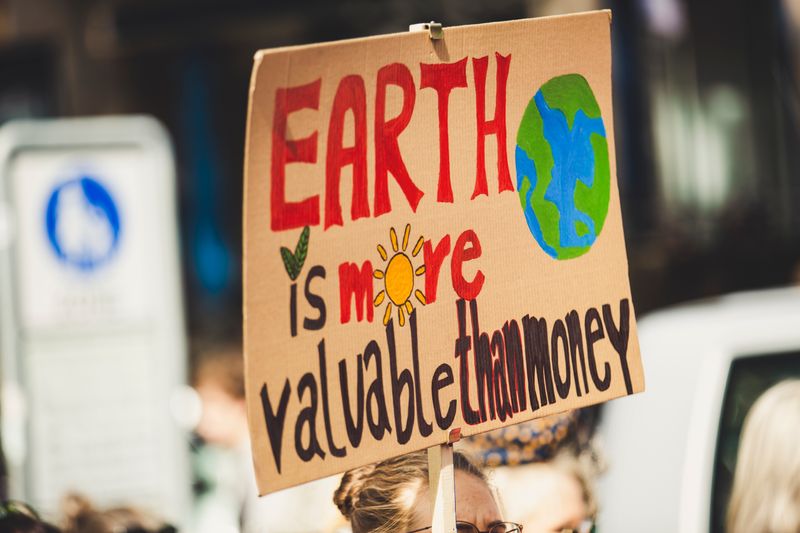Imran Khan: Pakistan ex-PM given three-year jail sentence
Former Pakistan Prime Minister Imran Khan has been given a three-year jail sentence over corruption allegations. Mr Khan was found guilty of not declaring money earned from selling gifts he received in office. He denies the charges and says he will appeal. After the verdict, Mr Khan was taken into custody from his home in Lahore.
A Controversial Verdict
The verdict, which carries significant political implications, has drawn both support and criticism. Supporters of Mr Khan argue that the charges against him are politically motivated and meant to silence him as a prominent opposition figure. They view the trial as a betrayal of democracy and an attempt to dismantle Mr Khan’s political career.
On the other hand, critics argue that the verdict is a necessary step toward combatting corruption and holding political leaders accountable for their actions. They maintain that Mr Khan’s failure to declare the money earned from the sale of gifts is a clear violation of his duties as a public servant.
Political Fallout
For Mr Khan, the conviction means he will be barred from participating in politics for the next five years, unless the sentence and conviction are suspended by the superior courts. This poses a significant blow to his political aspirations and his ability to rally his supporters.
Since his removal from office last year, Mr Khan has faced over 100 cases brought against him, further raising concerns about the fairness of the legal process. Many of his supporters argue that these cases are part of a broader campaign to target him and his party, further undermining democracy in Pakistan.
The Role of the Military
The involvement of the military in Pakistani politics has long been a contentious issue. Some analysts believe that Mr Khan’s election win in 2018 happened with the help of the military. However, as an opposition figure, he has become one of its most vocal critics, putting strain on the relationship between him and the military.
Mr Khan has accused the military of being “petrified” of elections, which he claims his party would win “hands-down.” He believes that the military is dismantling democracy in order to maintain its control over the political landscape.
Philosophical Discussion: Democracy vs. Military Control
This case raises broader questions about the relationship between democracy and military control. Pakistan, like many other countries, has a history of military coups and interference in political affairs. Mr Khan’s conviction highlights the challenges that democratically-elected leaders face when they clash with the military’s interests.
This case also challenges the notion of accountability in democratic systems. While holding leaders accountable for corruption is essential, it is crucial to ensure that the legal process is fair, transparent, and free from political interference. Without these safeguards, the fight against corruption can become a tool to suppress political opposition.
Editorial
The conviction of Imran Khan has sent shockwaves through Pakistan’s political landscape and raises concerns about the state of democracy in the country. It is evident that Mr Khan’s case is not an isolated incident, but rather part of a broader pattern of political intimidation and suppression.
While corruption must be addressed, it is crucial to ensure that the legal process is impartial and fair. The accusations against Mr Khan should be thoroughly investigated, and he should have the opportunity to defend himself against the charges. Political motivations and interference should have no place in a functioning democracy.
The role of the military in Pakistan’s political affairs is also a matter of concern. A healthy democracy requires a clear separation of powers and a level playing field for all political actors. The military should not have undue influence over the political process or use its power to manipulate outcomes.
Advice for the Future
To restore faith in the democratic process, it is imperative for Pakistan to address the deep-rooted issues that have led to the erosion of democracy. This includes strengthening institutions, ensuring an independent judiciary, and promoting a culture of transparency and accountability.
Furthermore, a robust and inclusive political system is crucial for a thriving democracy. The voices of the opposition must be heard, and the political playing field should be level, allowing for fair competition and a diversity of ideas.
Pakistan has the potential to be a strong and vibrant democracy, but it requires the collective efforts of all stakeholders to safeguard democratic principles and protect the rights of its citizens.

<< photo by Markus Spiske >>
The image is for illustrative purposes only and does not depict the actual situation.
You might want to read !
- Imran Khan Sentenced to Three Years in Jail: Analyzing the Impact on Pakistan’s Politics
- “Unveiling Mahek Bukhari: Exploring the Controversial Journey of the Convicted TikTok Influencer”
- Chilling Tale of a Mother’s Deadly Actions: ‘Doomsday Mom’ Lori Vallow Receives Life Sentence
- “The Future of Golf: Analyzing the Implications of the PGA Tour, LIV Golf & DP World Tour Merger”




